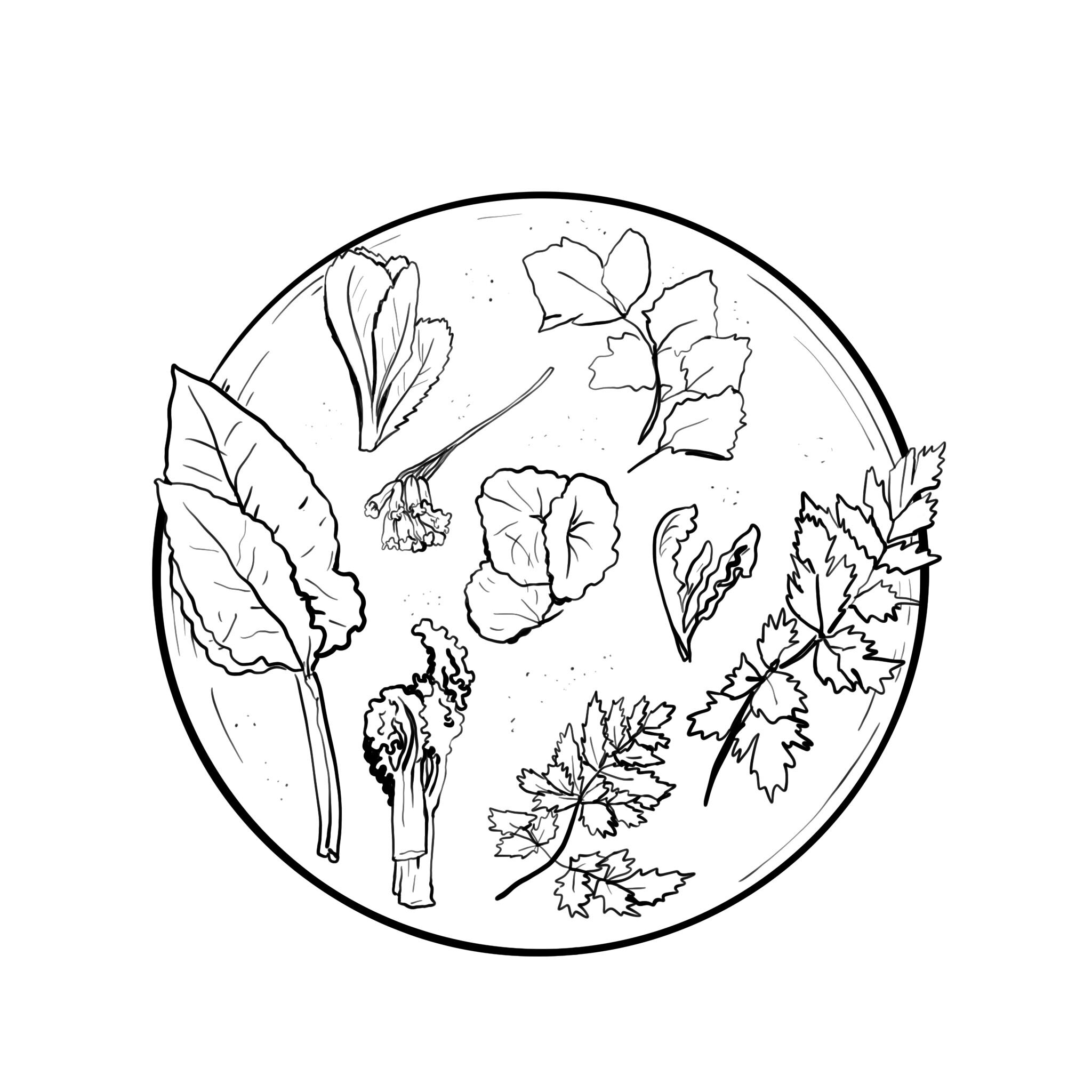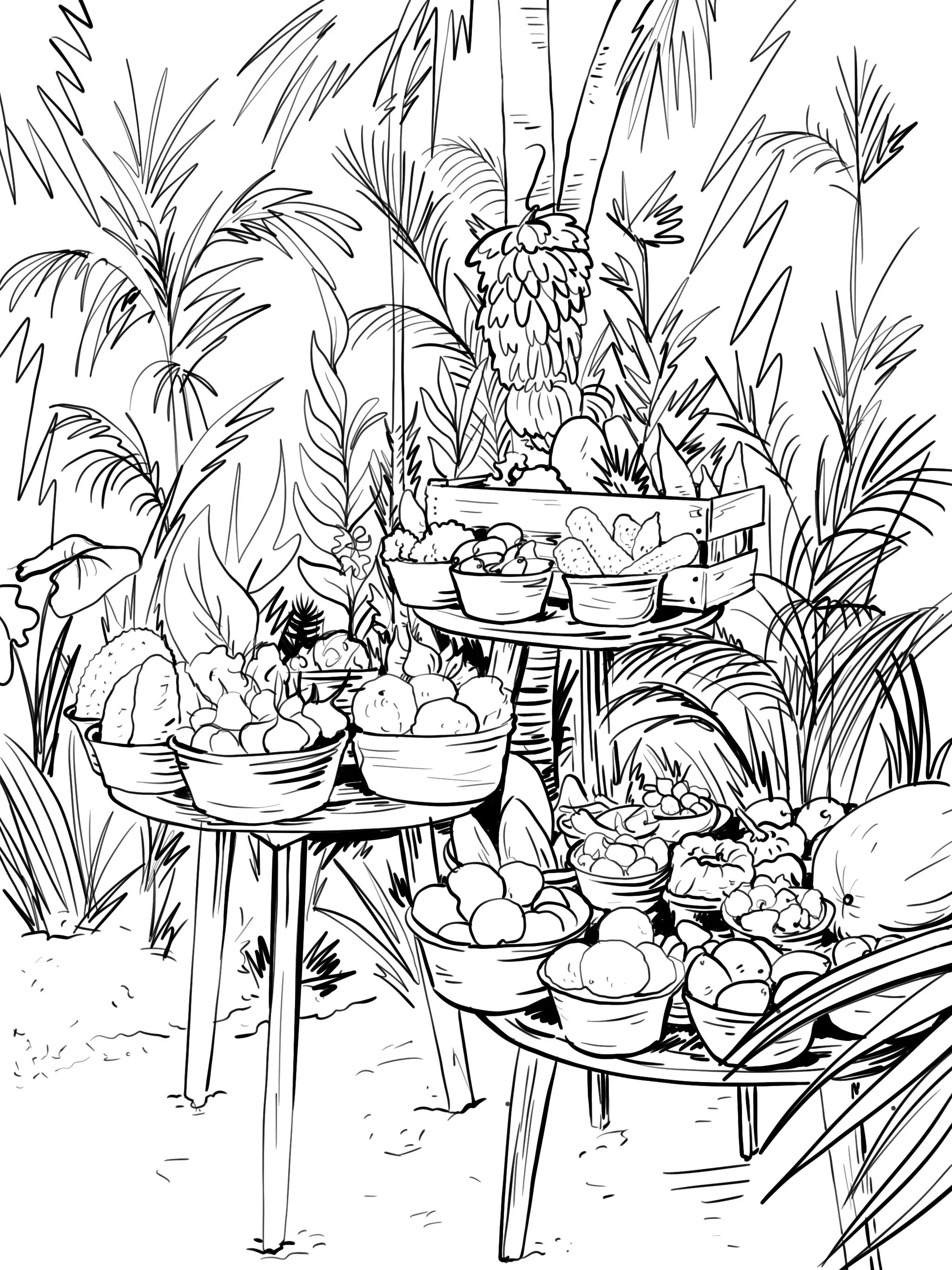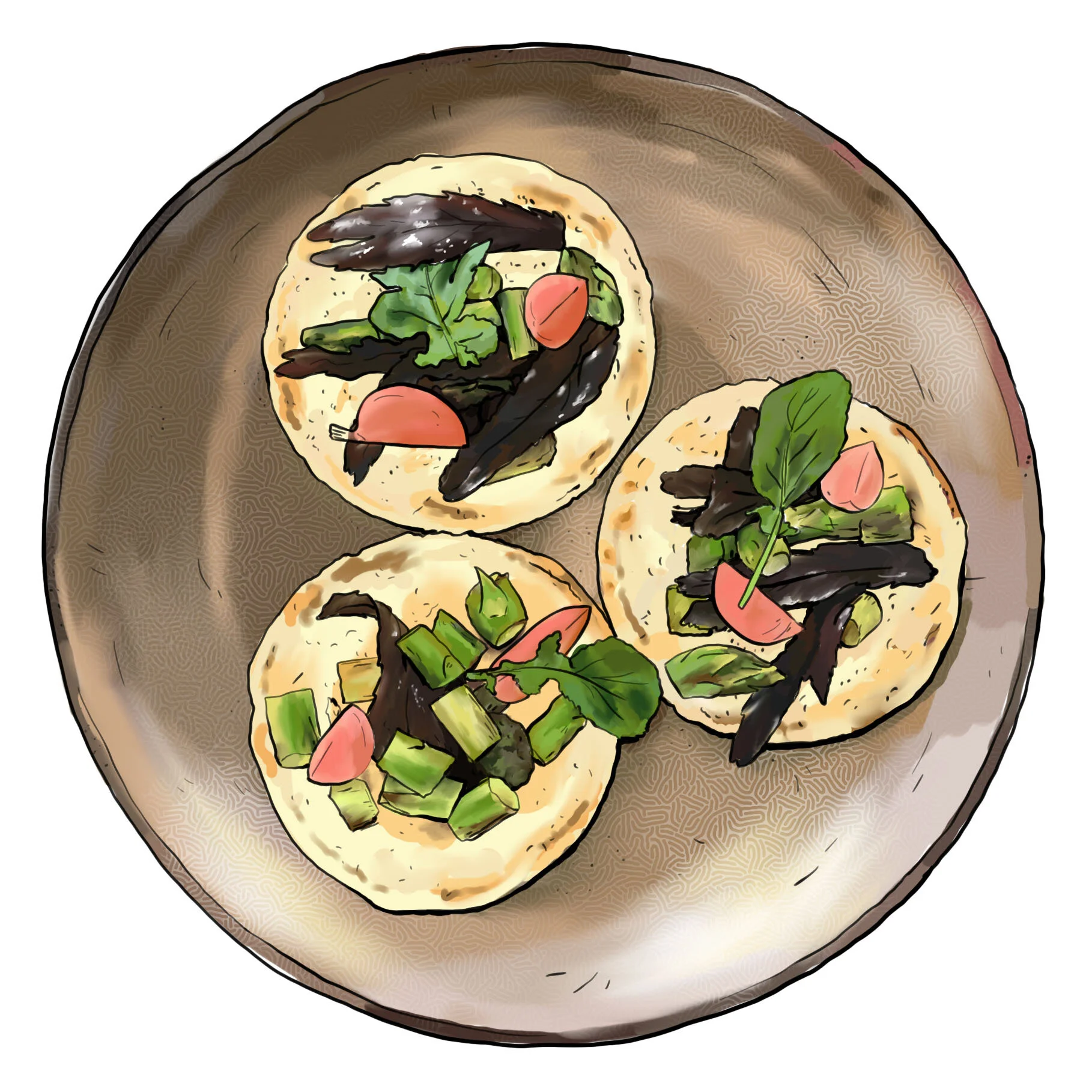Culinary Journeys:
Santiago Lastra
Our feature Culinary Journeys, focuses on chefs who have migrated to the United Kingdom, in order to display how migration continues to shape the country’s culinary landscape, and thus highlight the importance of diversity within the hospitality sector.
Mexican born chef Santiago Lastra, migrated to London three years ago to set up Kol, his forthcoming restaurant which will combine traditional Mexican flavours with British ingredients. Santiago spent his formative culinary years working at esteemed San Sebastian restaurant Mugaritz and later, studying at the Nordic Food Lab - enigmatic Noma founder and head-chef, René Redzepi and culinary entrepreneur Claus Meyer’s Copenhagen-based research institute - where he focused on producing tortillas using Scandinavian grains. He subsequently returned to his native Mexico where he was tasked with sourcing all suppliers and ingredients for Redzepi’s Tulum pop-up.
How would you describe your approach to making food?
My inspiration, concepts, and overall flavour profile is from Mexico, but I use what I have available. I believe that if you are a chef, you have a responsibility to understand where ingredients come from and so I try and cook as sustainably as possible.
When did you first develop an interest in cooking and what inspired you?
I am from a small City around 45 minutes from Mexico City. Nobody really cooked in my family. I grew up on frozen pizzas and microwave meals. I think when you come from Mexico, a lot of people expect you to have this amazing relationship with the land and ingredients, but it's not always like that. When I was in my final years of school, my father and grandmother suddenly died. It was a really sad time. I got a job in a local Italian restaurant and would work all night and then go to school the next day. Working at the restaurant would fill me up. I was cooking and bringing the food home to my mother and brother. When I started sharing this time with my family and making them happy through food, I realised that it was something I wanted to do for the rest of my life. I remember going to a restaurant to work at like 1AM and I just wanted to stay there forever… that passion of going to work late and then going to school at 7AM.
Talk to us about your experience working with René Rezeppi on Noma Mexico.
It was a wonderful experience but really demanding. I didn’t know Mexico enough, but I took on the challenge. Then I got to travel around the country for months with René and the research development team, visiting indigenous communities, restaurants, markets, etc. I learnt more about my country that year than in my entire life. It was a successful event, there were 40,000 people on the waiting list. It was only open for 7 weeks, but I worked on it for a year.
How would you describe your experience of working within the UK hospitality industry?
From a chef perspective, coming here to cook, it doesn’t matter how good or famous the chef is or how much they know, when I'm making something, they are always so keen to learn my Mexican approach to cooking, as it is often so different to people’s training here. It's really interesting, even something that's quite simple for me, people are like “wow”. For me, what other chefs do is also really interesting, which makes cultural understanding through cooking. One of my best friends is from Kent, he is a chef, forager and researcher. When I moved here, I spent so much time with him travelling and cooking, it made me realise, wow this is just amazing how we exchange knowledge and put together two cultures in the best way possible without making fusion, but more adaptation. This made me comfortable when coming up with the concept of Kol.
What impact do you think international chefs like yourself have had on Britain’s gastronomic scene?
I think hospitality has 100% benefited from international chefs. Mexico has always been a mix of cultures and its food is a mix of cultures. In the UK it's the same. If you look back at history with its colonies, British food has always been a product of different cultures. As a City that lacks diversity in ingredients, London has a definite magic to it. It’s openness to cultural diversity, interesting stories, and ability to pinpoint what is culturally relevant, makes it such an open minded place and great platform for anyone. This love for other cuisines doesn’t happen in the same way in other places and without the skills and knowledge we gain from international chefs, it wouldn’t be possible.
Your new restaurant Kol is set to open later this year. Can you tell us a bit about the concept behind it?
Kol treats the UK as if it were an island in Mexico. Since Mexico is so vast, it has such a complex mixture of cultures, landscapes and ingredients. It is impossible to ask someone that lives in the mountains to make a sauce with the same ingredients as those who live by the coast, desert, or jungle. Instead, you have an approach…we as Mexicans cook with a certain personality, spicy, sharp, and fun. At Kol, we still adopt this Mexican approach to cooking, but using more accessible ingredients. Instead of cactus we use seaweed and asparagus, and we replace limes with gooseberries. As a chef, you have a responsibility to understand where everything comes from and then you can add your culture to it without having to import loads of ingredients.
See Santiago’s recipe for Asparagus & Seaweed Panuchos.
Illustrations © Diogo Rodrigues





